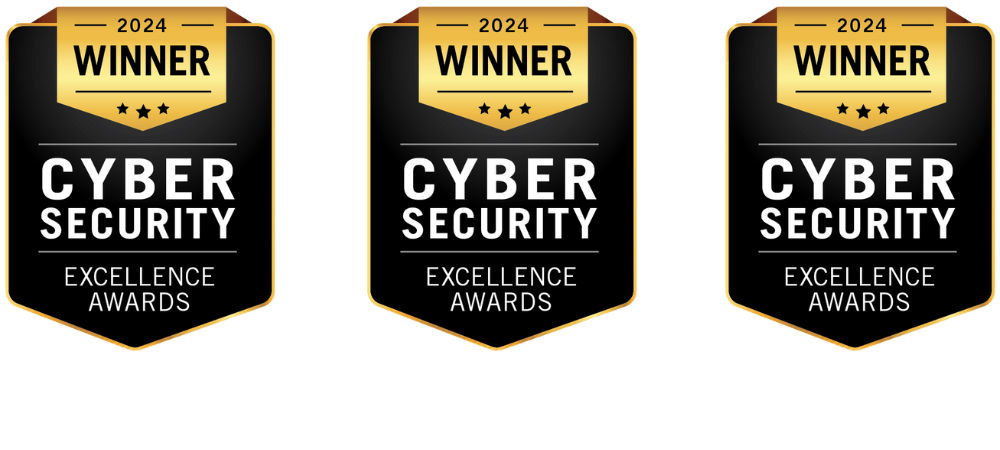Cybersecurity is no longer an optional expense; it’s a strategic investment for businesses of all sizes. But securing budget approval for cybersecurity investments can be a hurdle, especially when justifying the return on investment (ROI).
This blog tackles this challenge head-on, providing practical strategies to demonstrate a direct connection between cybersecurity spending and measurable business outcomes. By presenting a clear and compelling case, you can gain the buy-in needed to build a strong security posture and safeguard your organization’s future.
Framing the Narrative: Shifting the Mindset
The first step lies in shifting the mindset from viewing cybersecurity spending as a cost to recognizing it as an investment in your organization’s future success. Traditionally, cybersecurity expenditures have been categorized as “overhead,” often leading to budget cuts during economic downturns. This approach, however, fails to consider the tremendous financial and reputational costs associated with breaches and cyberattacks.
Quantifying the Cost of a Breach
To effectively communicate the value of cybersecurity investments, begin by quantifying the potential cost of a data breach. This should go beyond the immediate financial loss of data recovery, fines, and legal fees. Consider the impact on:
- Reputation: Data breaches can severely damage customer trust and brand reputation, leading to lost business and long-term reputational harm.
- Operational Disruption: Cyberattacks can cripple business operations, causing downtime, impacting productivity, and hindering revenue generation.
- Intellectual Property Loss: The loss of sensitive information or intellectual property can be detrimental to innovation and competitive advantage.
By creating a comprehensive cost estimate associated with potential security breaches, you can paint a clear picture of the financial losses that proactive cybersecurity investments aim to prevent.
Aligning Cybersecurity Spending with Business Goals
Next, move beyond the technical jargon and connect cybersecurity efforts to specific business goals. Demonstrate how strong cybersecurity can directly support and contribute to:
- Customer trust and brand protection: Data protection and privacy compliance foster trust and loyalty in customers, leading to stronger customer relationships.
- Operational efficiency and business continuity: Minimizing downtime and disruptions by preventing cyberattacks ensures smooth operations and uninterrupted business processes.
- Market access and competitive advantage: Robust security measures can unlock new markets with stricter compliance requirements and enhance your competitive edge by demonstrating a commitment to data security.
By aligning cybersecurity initiatives with broader business objectives, you can secure buy-in from stakeholders who understand the positive impact on core business functions.
Data-Driven Communication: Numbers Tell the Story
Don’t rely solely on anecdotes and hypothetical scenarios. Leverage data and statistics to strengthen your arguments:
- Industry reports: Share industry benchmarks and reports highlighting the increasing frequency and cost of cyberattacks.
- Case studies: Showcase successful examples of companies that have benefited from increased cybersecurity investments and the positive impact on their business.
- Internal data: Analyze your security data, such as past incidents or near-misses, to demonstrate the potential consequences of inadequate security measures.
By utilizing data and evidence, you can build a compelling case for increased cybersecurity spending based on concrete information and real-world examples.
Building Trust and Understanding through Transparency and Communication
Regularly communicate with stakeholders at all levels about the ongoing cybersecurity threat landscape, the initiatives undertaken to mitigate risks, and the desired outcomes highlighting how spending on cybersecurity directly contributes to these efforts. This transparency fosters trust and understanding among key decision-makers.
- Use clear and concise language, avoiding technical jargon when discussing security matters.
- Present information in easily understandable formats such as charts, graphs, or infographics.
- Regularly report on the progress of cybersecurity initiatives and the impact on key metrics like reduced vulnerabilities, improved response times, or increased employee awareness.
By maintaining open communication and demonstrating progress towards stated goals, you can build trust and garner ongoing support for your cybersecurity efforts.
Tailoring Your Message: Resonating with Different Stakeholders
Different stakeholders have different priorities and perspectives. Tailor your message to resonate effectively:
- Executives and CFOs: Focus on the financial implications of cyberattacks and the return on investment (ROI) of cybersecurity measures.
- Operational leaders: Highlight the importance of business continuity, operational efficiency, and risk mitigation.
- Marketing and sales teams: Emphasize the customer trust and brand protection aspects of robust cybersecurity.
By understanding the specific concerns and interests of each stakeholder group, you can tailor your communication and address their specific needs and perspectives.
Investing in Peace of Mind
Effectively communicating the link between cybersecurity spending and business results is crucial for securing the resources necessary to build a robust security posture.
By shifting the mindset, aligning with business goals, leveraging data, fostering transparency, and tailoring your message, you can bridge the gap between spending on cybersecurity and measurable business outcomes securing peace of mind for your organization. Ready to connect your cybersecurity strategy to real business results? Book a demo today and see how Strobes can help.
Related Reads:
- Demystify the Cyber Security Risk Management
- Cybersecurity Trends 2024: Lessons from 2023 & Predictions to Watch Out for!
- Top 13 Cybersecurity Companies in the USA in 2024
- Why Penetration Testing Is Important: Enhancing Security & Reducing Cyber Risks
- Solution: Cybersecurity Services
- Services: Breach & Attack Simulation Services








